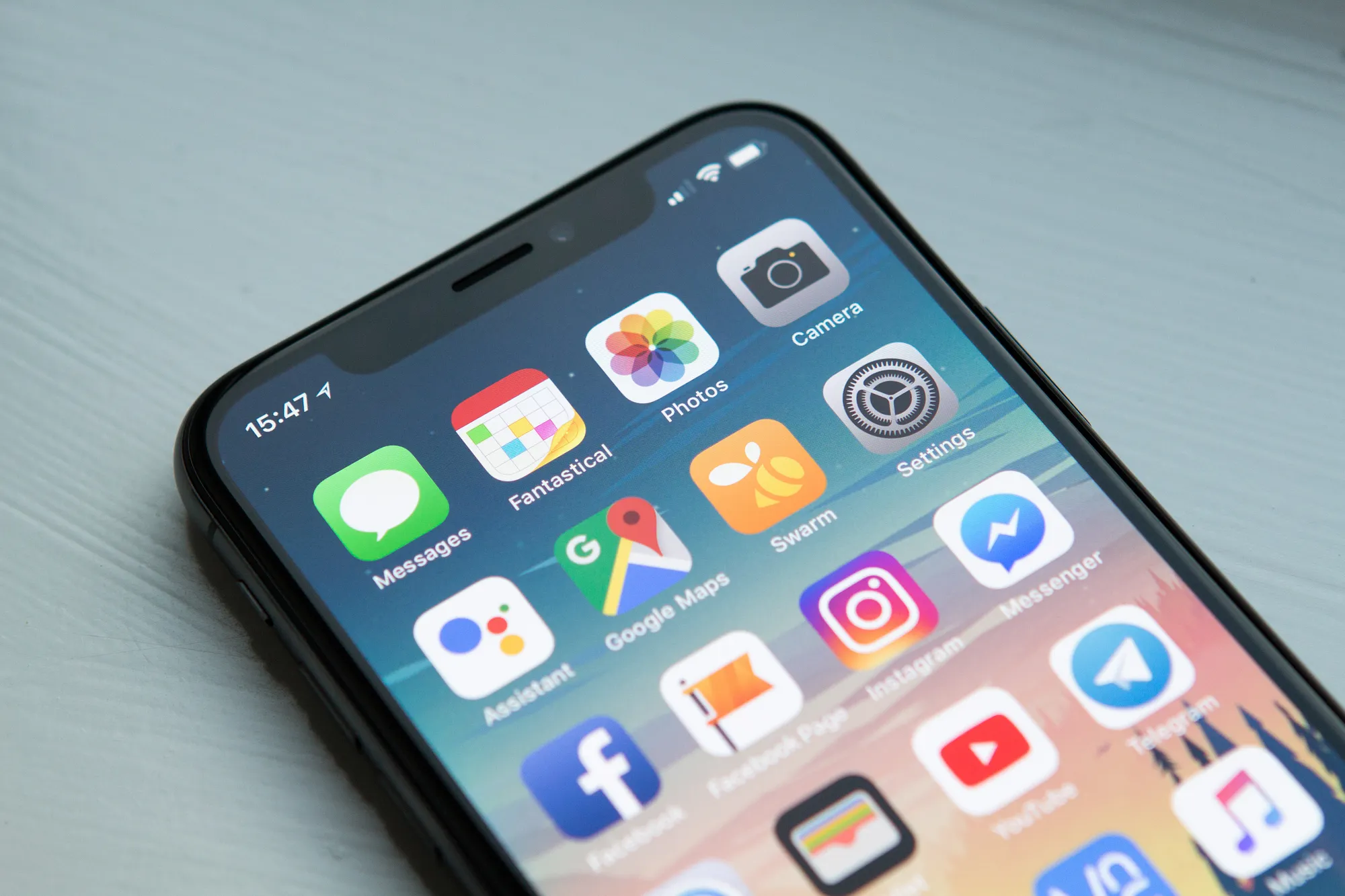Because of the rapid technology development, more and more businesses decide to invest in mobile strategy. Mobile applications offer businesses significant revenue growth, higher customer engagement, and improved user experience.
- Is a mobile-friendly web page enough for your business or does it require a mobile app?
- Should you use hybrid technologies? If yes, what is a better option, cross-platform tool or native technology?
- How can you properly start mobile app development?
- Do you need a team of back-end developers?
Does your business need a mobile app?
Sometimes creating a mobile-friendly website is enough and you really don't have to waste your time and money to build a mobile app (by the way, if your website is still not optimized for mobile platforms, you have to do this first). However, in some cases, it’s impossible to provide a good user experience through a mobile-friendly web page.
Mobile app benefits:
- Interacting with phone API. Operations like accessing contacts, tracking GPS location and interacting with other hardware sensors, keeping data on the phone storage, taking photos, and interacting with other apps are easier to run within a mobile application rather than a website.
Performance matters! Calculations or data manipulations are executed faster via an app than a website.
- Beautiful layouts. Simple UI layouts look wonderful on web pages, however, mobile apps have smooth UI/UX and animations on both, complex and simple designs.
- Quick access. With mobile apps installed the users have quick access to the services through the icon on their phone.
- Mobile apps can work without an internet connection. Mobile apps can work without an internet connection which allows users to have access to an app during flights or any other place with no internet. It’s possible to integrate a cashing and synchronization mechanism into a mobile application to keep data updated and precached when it is connected to the internet.
If you just have realized that having an app is obligatory for your business the next question you have to consider is what technology to use.
Should you use hybrid technologies? If yes, what is a better option, cross-platform tool or native technology?
You might be wondering, isn't it up to engineers to decide the technologies to be used for app development? Yes, it’s up to them. But it’s up to you to approve the budget, which greatly depends on the technologies you are going to choose. Understanding the basic differences between technologies can save you a penny. Expensive does not always mean better and cheaper does not always mean worse.
We won’t go too deep into details but there’s the common rule. If your project is relatively small and can be implemented by a few engineers in 2 months or less, then choose a hybrid solution. If you are going to implement a business app with complex business logic or build a complex enterprise app and it won’t be a short term project, you must consider native development. Medium-sized projects don’t require native technologies and a cross-platform solution will be a wise choice here. Hybrid technologies like PhoneGap and Ionic are a good fit for prototyping and small-size projects development.
Cross-platform (React Native and Flutter are the most popular cross-platform tools nowadays) is a compromise choice between hybrid and native technologies in regard to the speed of development and engineering efforts. Much like hybrid technologies cross-platform platforms share common codebases and allow interacting with phone platform API a whole lot better. UI rendering provides a glossy shining look for your app. App performance is good enough for most business use cases. Here you can read more about the comparison between these two trending technologies.
One of the biggest disadvantages of choosing hybrid and cross-platform tools is a phone platform API interaction implemented by applying third-party libraries with native code under the hood. Therefore, engineers usually switch to native technologies if there’s a need to create a specific feature. You rarely encounter an engineer who knows how to develop using both cross-platform and native development tools, as a result, you will require a temporary extension of your development team, which is time-consuming and requires a budget extension.
Building the same app with the help of native tools (Swift for IOS and Kotlin for Android) is costly and requires more time compared to hybrid or cross-platform development, however, it doesn’t require an engineering team extension.
How to write a business plan for a mobile app
Before you start doing something, you need a mobile app project plan. Here at inVerita we will help you to define core product features. We will provide you with a clickable wireframes prototype for you to see how your app is going to function. We will help you to build a vision of product development, define a budget, approximate timeline, delivery dates, team composition, create a list of features for MVP, develop a mobile app business plan, and go the extra mile if necessary. We call it the discovery phase.
The discovery phase is a short period before project implementation (it can be several days or several weeks long, depending on project size and complexity). It will require you or another person responsible to communicate closely with business analysts, designers and engineers to produce all required documentation for project development kick-off and to discover all or possible issues. We highly recommend starting development only after the discovery phase is completed.
At the end of the discovery phase, you will receive all the necessary documentation. You are free to share this documentation with other software delivery companies in order to choose the best supplier, however, we are sure that after you start working with inVerita you won’t change the team.
If you have questions about the discovery phase, please contact us.
Does app development require a team of back-end developers?
Nowadays, services like Firebase or Backendless cover the basic needs of back-end development for mobile apps. It is easy for front-end engineers to complete managing and setting up without involving back-end specialists. These technologies can be used for prototyping, simple back-end API integration or quick project kick-off. Using these services extremely reduces expenses, as there’s no need to expand your development team.
But it’s not a silver bullet. Depending on the complexity of tasks and business requirements, there are still many cases requiring a custom back-end. Usually, mobile and web application development platforms like Firebase are free to use at the low load and expensive if the load goes beyond free limits.
There’s no short answer to this question. When starting an app business, each case should be discussed with an engineering team.
If you already have requirements for Android or iOS app development, let us know. Here at inVerita mobile app development company we will be more than happy to help you to make the right choice during the discovery phase. Don’t hesitate to contact us!





_1758804763-small.webp)
